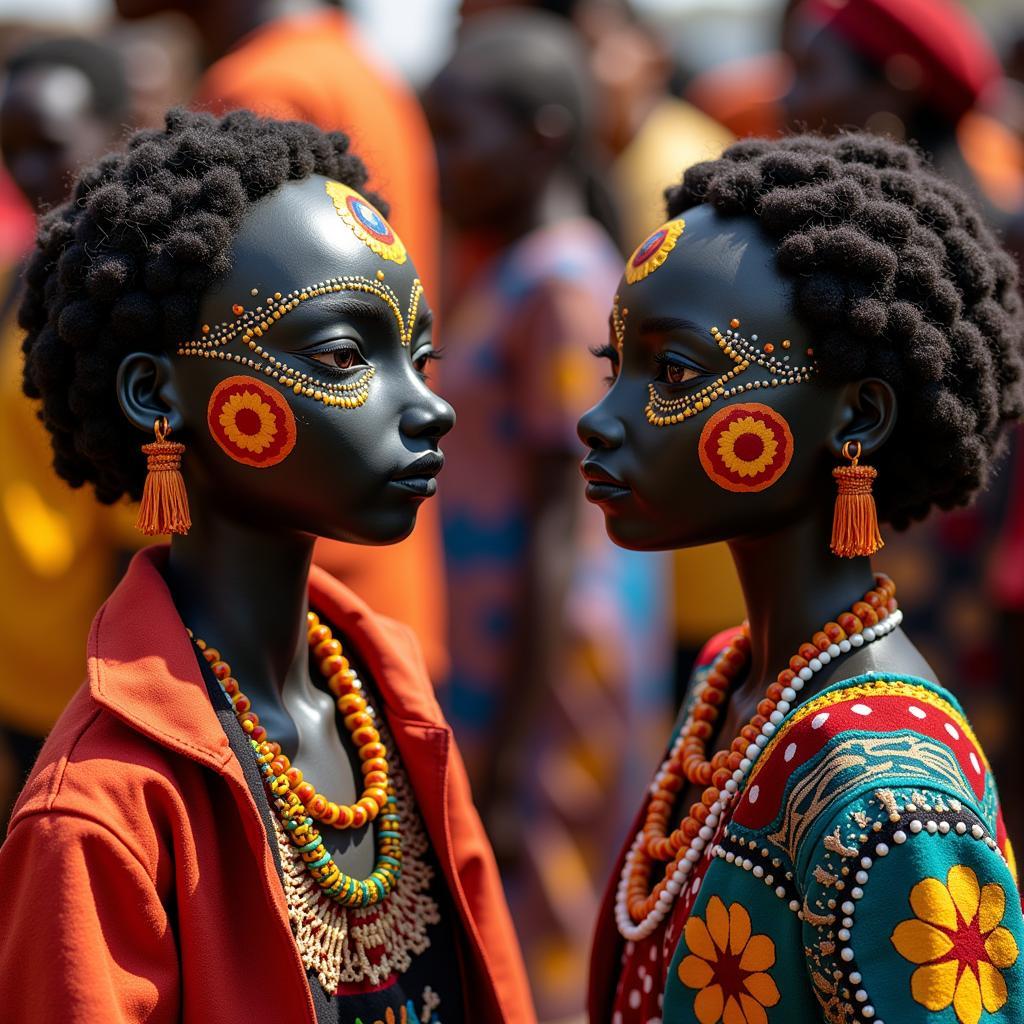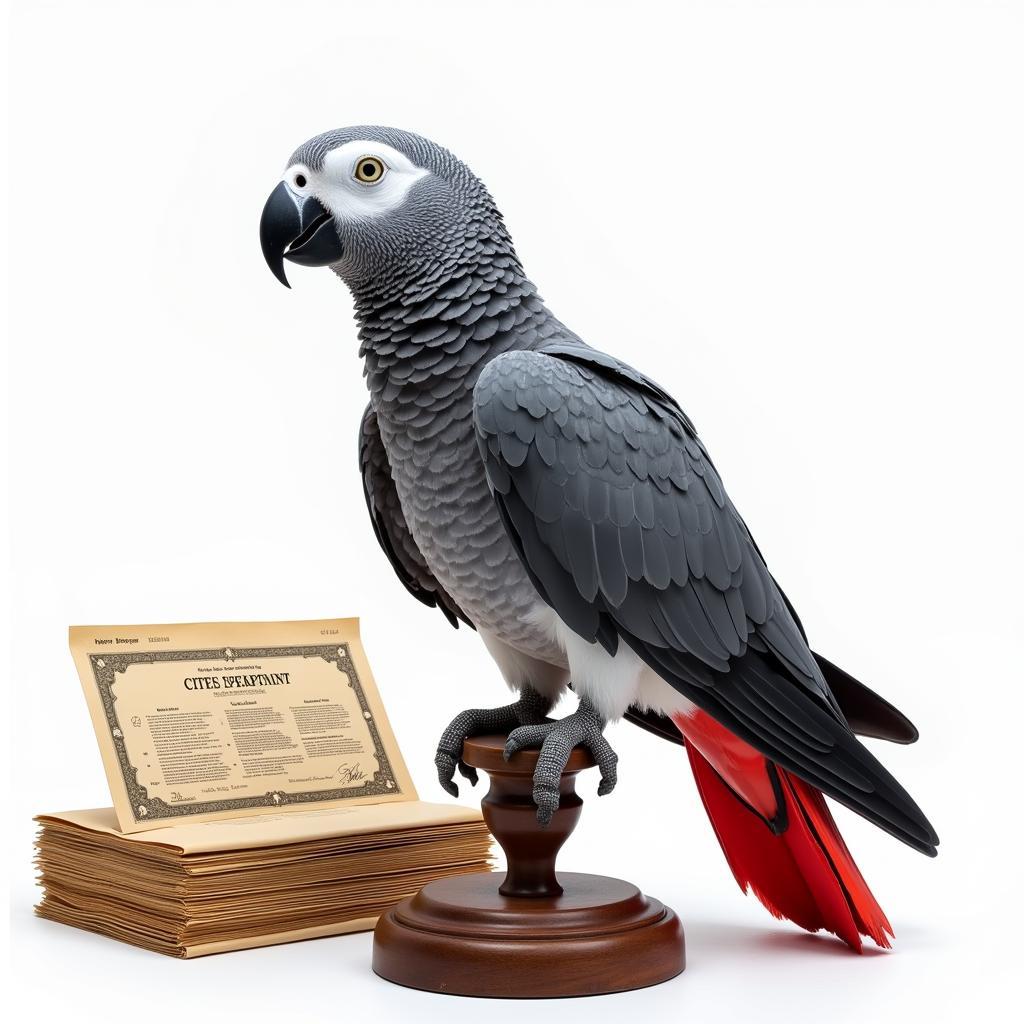Delving into the Depths: African Death Metal
African Death Metal is a ferocious beast, a sonic storm rising from the heart of a continent often overlooked in the world of extreme music. While the genre’s roots may lie in Europe and North America, Africa’s burgeoning scene brings a unique flavor, drawing upon rich cultural traditions, complex histories, and the raw, untamed energy of the continent itself. This isn’t just about mimicking Western sounds; this is about forging a new path, one that screams with the spirit of Africa.
More Than Music: A Cultural Crucible
To understand African death metal, you have to look beyond the mosh pits and distorted riffs. This music is deeply intertwined with the cultural fabric of the continent. African folk art masks, steeped in symbolism and tradition, find their echoes in the intense imagery and stage presence of bands. The polyrhythms and complex time signatures of traditional music weave their way into the very DNA of the genre, creating a sound that’s both familiar and startlingly new.
Voices of Dissent: A Platform for Social Commentary
African death metal isn’t afraid to be confrontational. Many bands use their music as a platform to speak truth to power, addressing issues like poverty, corruption, political instability, and the lingering effects of colonialism. This is music with a message, a furious cry for change that resonates deeply with a younger generation grappling with these challenges.
For these artists, death metal becomes more than just a genre; it’s a weapon, a means of amplifying their voices and demanding to be heard.
Key Players: Pioneering the African Death Metal Sound
Across the continent, a constellation of bands is pushing the boundaries of death metal. South Africa boasts a particularly vibrant scene, with bands like Wildernessking, who blend elements of black metal and traditional African music, and BloodBeast, known for their brutal sound and politically charged lyrics.
From the sands of North Africa, Morocco’s Malignant Tumor emerges, fusing death metal with elements of Arabic music. Kenya’s Skinflint draws inspiration from East African folklore, crafting a sound that is both terrifying and strangely beautiful. These are just a few examples of the incredible diversity and creativity thriving within the African death metal scene.
A Global Movement: Connecting Through Extreme Music
One of the most exciting aspects of African death metal is its ability to transcend borders. Through the internet and social media, bands are connecting with fans and fellow musicians across the globe, sharing their music and stories with a wider audience than ever before.
This exchange goes beyond simple consumption; it’s about building bridges of understanding, fostering cross-cultural dialogue, and challenging preconceived notions about Africa and its place in the world of heavy music.
Embracing the Darkness, Celebrating the Future
African death metal is a force of nature, a testament to the power of music to unite, inspire, and challenge. It’s a genre still in its early stages, but one with a bright and brutal future ahead. As more bands emerge and connect with a global audience, the sonic tapestry of African death metal will only become richer and more diverse. This is music that demands to be heard, a roar from the heart of a continent ready to make its mark on the world stage.
FAQ
1. What makes African death metal unique?
African death metal stands out due to its infusion of traditional African musical elements, its lyrical focus on social and political issues relevant to the continent, and the raw, untamed energy that reflects the spirit of Africa.
2. Where can I find more African death metal music?
Online platforms like Bandcamp, YouTube, and social media are great resources for discovering new African death metal bands. Search for specific countries or regions, explore curated playlists, and follow music blogs dedicated to the genre.
3. Is there a strong sense of community within the African death metal scene?
Despite geographical distances, the African death metal scene fosters a strong sense of community. Bands often collaborate, support each other’s work, and use their platforms to amplify each other’s voices.
Further Exploration:
Explore these other articles on our website to delve deeper into African culture and art:
If you need further assistance, please contact us at +255768904061, email us at [email protected], or visit us at Mbarali DC Mawindi, Kangaga, Tanzania. Our customer service team is available 24/7.

